II. Resolute Efforts of the CPC to Realize China's Complete Reunification
The CPC has always been dedicated to working for the wellbeing of the Chinese people and the rejuvenation of the Chinese nation. Soon after its founding in 1921, the CPC set itself the goal of freeing Taiwan from colonial rule, reuniting it with the rest of the country and liberating the whole nation, including compatriots in Taiwan. It has made a tremendous effort to achieve this goal.
The CPC is committed to the historic mission of resolving the Taiwan question and realizing China's complete reunification. Under its resolute leadership, people on both sides of the Taiwan Straits have worked together to de-escalate tension across the Straits. They have set out on a path of peaceful development and made many breakthroughs in improving cross-Straits relations.
After the founding of the PRC in 1949, China's Communists, under the leadership of Mao Zedong, proposed the essential guideline, underlying principle, and basic policy for peaceful settlement of the Taiwan question. The CPC prepared and worked for the liberation of Taiwan, thwarted the Taiwan authorities' plans to attack the mainland, and foiled attempts to create "two Chinas" and "one China, one Taiwan". Through their efforts, the lawful seat and rights of the PRC in the United Nations were restored and the one-China principle was subscribed to by the majority of countries, laying important groundwork for peaceful reunification. The CPC central leadership established high-level contact with the Taiwan authorities through proper channels in pursuit of a peaceful solution to the Taiwan question.
Following the Third Plenary Session of the 11th CPC Central Committee in 1978, with the establishment of diplomatic relations between the PRC and the United States, China's Communists, led by Deng Xiaoping, defined the fundamental guideline for peaceful reunification in the vital interests of the country and the people and on the basis of the consensus for peaceful settlement of the Taiwan question. The CPC introduced the creative and well-conceived concept of One Country, Two Systems, and applied it first in resolving the questions of Hong Kong and Macao. It took action to ease military confrontation across the Taiwan Straits, restore contact, and open up people-to-people exchanges and cooperation, opening a new chapter in cross-Straits relations.
After the Fourth Plenary Session of the 13th CPC Central Committee in 1989, China's Communists, led by Jiang Zemin, made eight proposals for the development of cross-Straits relations and the peaceful reunification of China[3]. The CPC facilitated agreement across the Straits on the 1992 Consensus, which embodies the one-China principle. It initiated cross-Straits consultations and negotiations, resulting in the first talks between heads of the non-governmental organizations authorized by the two sides of the Straits, and expanded cross-Straits exchanges and cooperation in various fields. The CPC took firm action against separatist activities led by Lee Teng-hui, and struck hard at the separatist forces seeking "Taiwan independence". It ensured the smooth return of Hong Kong and Macao to China, and applied the policy of One Country, Two Systems, which had a constructive impact on the settlement of the Taiwan question.
After the 16th CPC National Congress in 2002, China's Communists, led by Hu Jintao, highlighted the importance of peaceful development of cross-Straits relations. The CPC pushed for the enactment of the Anti-Secession Law to curb separatist activities in Taiwan, hosted the first talks between the leaders of the CPC and the Kuomintang in six decades since 1945, and defeated attempts by Chen Shui-bian to fabricate a legal basis for "independence". The CPC effected profound changes in moving the peaceful development of cross-Straits relations forward by promoting institutionalized consultations and negotiations that produced fruitful results, establishing overall direct two-way links in mail, business and transport, and facilitating the signing and implementation of the Economic Cooperation Framework Agreement.
After the 18th CPC National Congress in 2012, China's Communists, under the leadership of Xi Jinping, took a holistic approach to cross-Straits relations in keeping with changing circumstances, added substance to the theory on national reunification and the principles and policies concerning Taiwan, and worked to keep cross-Straits relations on the right track. The CPC developed its overall policy for resolving the Taiwan question in the new era, and set out the overarching guideline and a program of action.
At its 19th National Congress in October 2017, the CPC affirmed the basic policy of upholding One Country, Two Systems and promoting national reunification, and emphasized its resolve never to allow any person, any organization, or any political party, at any time or in any form, to separate any part of Chinese territory from China.
In January 2019, Xi Jinping, general secretary of the CPC Central Committee and president of China, addressed a meeting marking the 40th anniversary of the release of the Message to Compatriots in Taiwan. In his speech, Xi Jinping proposed major policies to advance the peaceful development of cross-Straits relations and the peaceful reunification of China in the new era. These are: first, working together to promote China's rejuvenation and its peaceful reunification; second, seeking a Two Systems solution to the Taiwan question and making innovative efforts towards peaceful reunification; third, abiding by the one-China principle and safeguarding the prospects for peaceful reunification; fourth, further integrating development across the Straits and consolidating the foundations for peaceful reunification; fifth, forging closer bonds of heart and mind between people on both sides of the Straits and strengthening joint commitment to peaceful reunification.
The CPC and the Chinese government have thereby adopted a series of major measures for charting the course of cross-Straits relations and realizing China's peaceful reunification:
- The CPC and the Chinese government have facilitated the first meeting and direct dialogue between leaders of the two sides since 1949, raising exchanges and interactions to new heights, opening up a new chapter, and creating new space for cross-Straits relations. This is a new milestone. The departments in charge of cross-Straits affairs on both sides have established regular contact and communication mechanisms on a common political foundation, and the heads of the two departments have exchanged visits and set up hotlines.
- Upholding the one-China principle and the 1992 Consensus, the CPC and the Chinese government have facilitated exchanges between political parties across the Straits, and conducted dialogues, consultations, and in-depth exchanges of views on cross-Straits relations and the future of the Chinese nation with relevant political parties, organizations, and individuals in Taiwan. These efforts have resulted in consensus on multiple issues, and promoted a number of joint initiatives exploring the Two Systems solution to the Taiwan question with all sectors of Taiwan society.
- Guided by the conviction that people on both sides of the Taiwan Straits are of the same family, the CPC and the Chinese government have promoted peaceful development of cross-Straits relations and integrated development of the two sides for the benefit of both the mainland and Taiwan. We have also refined the institutional arrangements, policies and measures to promote cross-Straits exchanges and cooperation, designed to advance the wellbeing of the people of Taiwan. These include the delivery of water from the coastal province of Fujian to Kinmen Island, electronic travel passes for Taiwan residents to enter or leave the mainland, residence permits for Taiwan residents, progressively ensuring that Taiwan compatriots have equal access to public services so as to facilitate their studying, starting businesses, working and living on the mainland, and an ongoing effort to pave the way for Taiwan to benefit first from the mainland's development opportunities.
- While countering interference and obstruction from separatist forces, the CPC and the Chinese government have called on the people of Taiwan to promote effective and in-depth cooperation and people-to-people exchanges in various fields across the Straits. Having overcome the impact of COVID-19, we have held a number of exchange events such as the Straits Forum, and maintained the momentum of cross-Straits exchanges and cooperation.
- Resolute in defending state sovereignty and territorial integrity and opposing separatist activities and external interference, the CPC and the Chinese government have safeguarded peace and stability in the Taiwan Straits and the fundamental interests of the Chinese nation. We have taken lawful action against and effectively deterred separatist forces. We have handled Taiwan's external exchanges in a sound manner, and consolidated the international community's commitment to the one-China principle.
Under the guidance of the CPC, great progress has been made in cross-Straits relations over the past seven decades, especially since the estrangement between the two sides was ended. Increased exchanges, broader cooperation and closer interactions have brought tangible benefits to people across the Straits, especially of Taiwan. This fully demonstrates that cross-Straits amity and cooperation are mutually beneficial.
The volume of cross-Straits trade was only U.S.$46 million in 1978. It rose to U.S.$328.34 billion in 2021, up by a factor of more than 7,000. The mainland has been Taiwan's largest export market for the last 21 years, generating a large annual surplus for the island. The mainland is also the largest destination for Taiwan's off-island investment. By the end of 2021 Taiwan businesses had invested in almost 124,000 projects on the mainland, to a total value of U.S.$71.34 billion[4].
In 1987 less than 50,000 visits were made between the two sides; by 2019 this number had soared to about 9 million. In the past three years, affected by COVID-19, online communication has become the main form of people-to-people interactions across the Straits, and the numbers of people participating in and covered by online communication are reaching new highs.
The CPC has always been the spine of the Chinese nation, exercising strong leadership in realizing national rejuvenation and reunification. Its consistent efforts over the decades to resolve the Taiwan question and achieve complete national reunification are based on the following:
First, the one-China principle must be upheld, and no individual or force should be allowed to separate Taiwan from China.
Second, it is imperative to strive for the wellbeing of all Chinese people, including those in Taiwan, and to realize the aspirations of all Chinese people for a better life.
Third, we must follow the principles of freeing the mind, seeking truth from facts, maintaining the right political orientation, and breaking new ground, and defend the fundamental interests of the nation and the core interests of the state in formulating principles and policies on work related to Taiwan.
Fourth, it is necessary to have the courage and skill to fight against any force that attempts to undermine China's sovereignty and territorial integrity or stands in the way of its reunification.
Fifth, extensive unity and solidarity must be upheld to mobilize all factors to fight against any force that would divide the country, and pool strengths to advance national reunification.








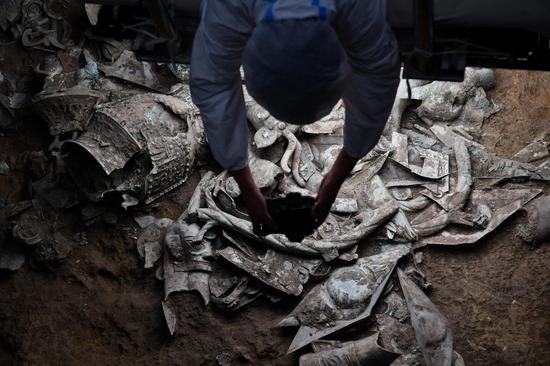
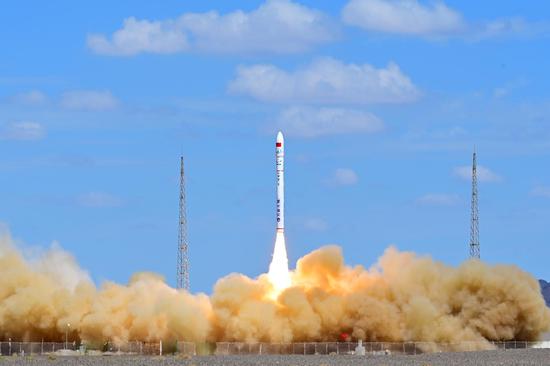
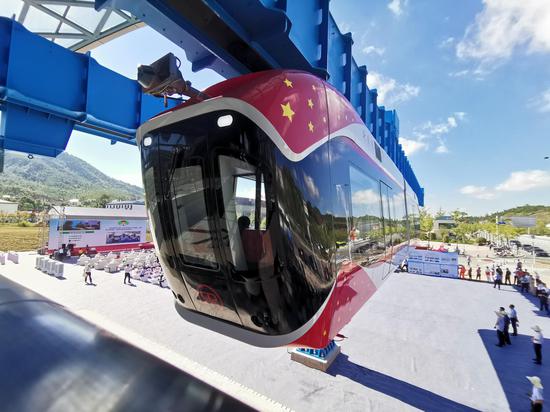
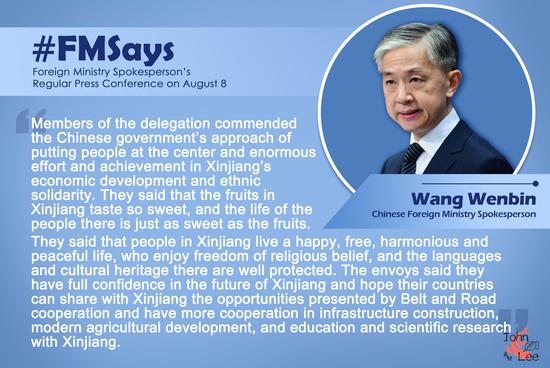
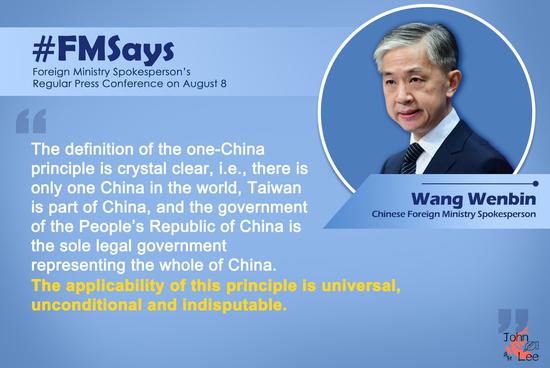
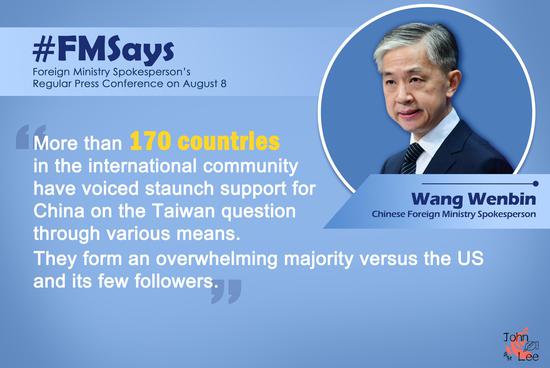
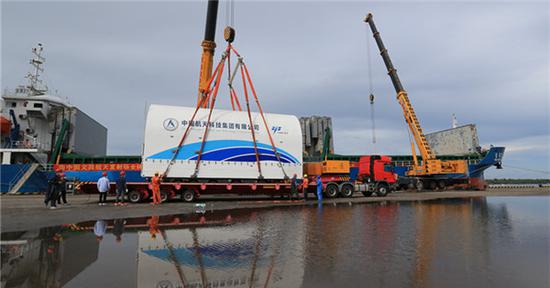
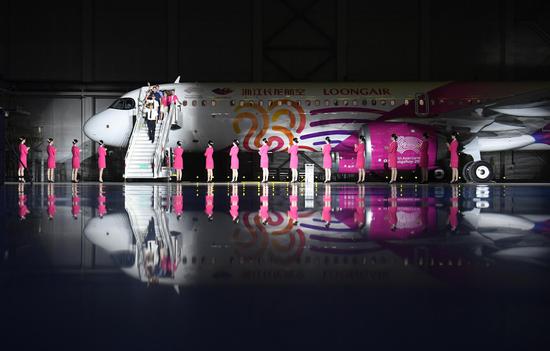

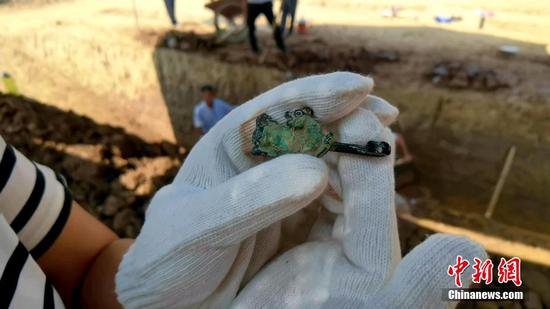

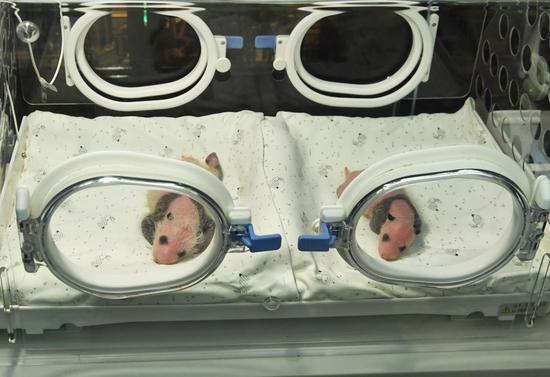

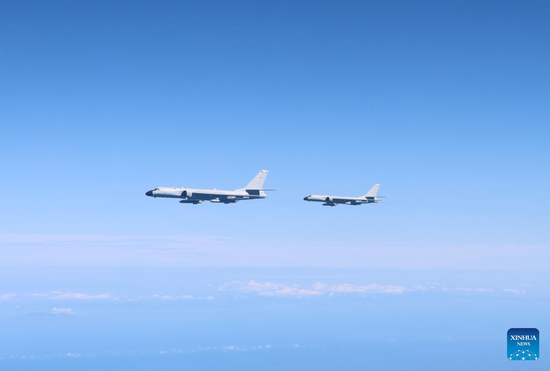
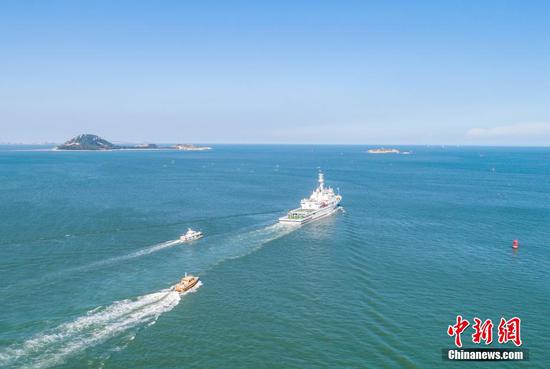
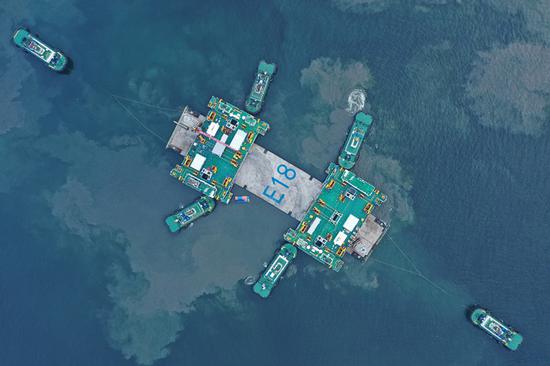


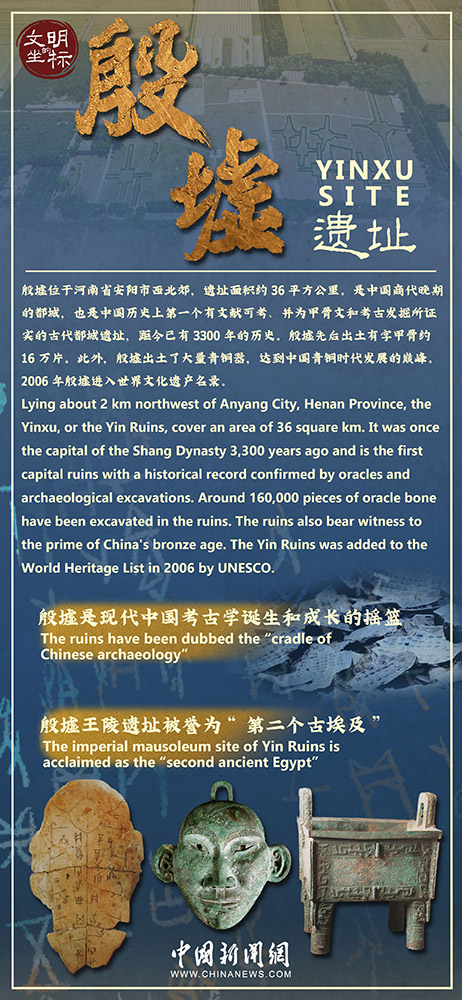





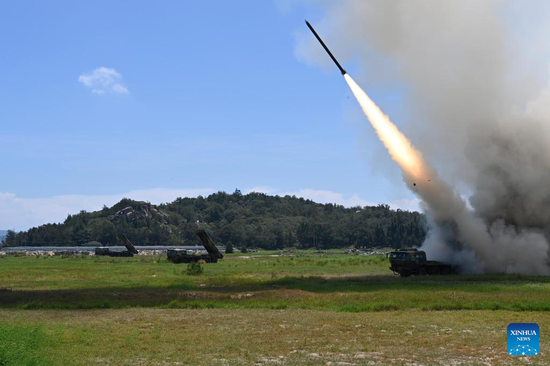
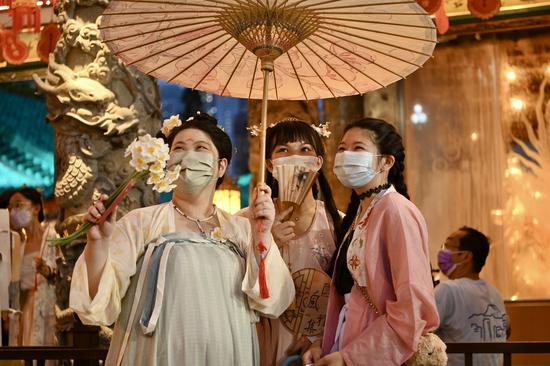
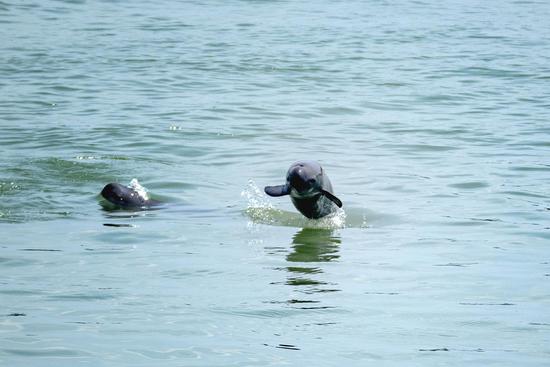
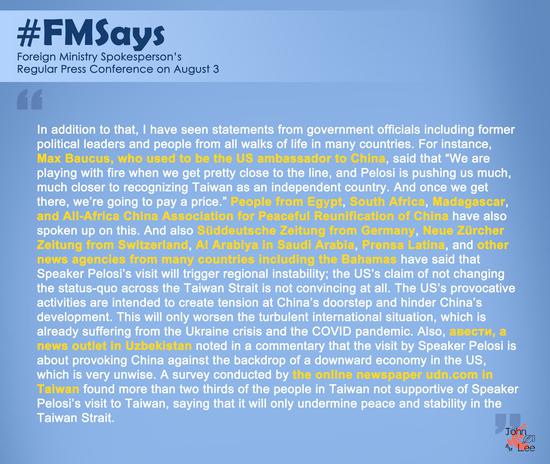
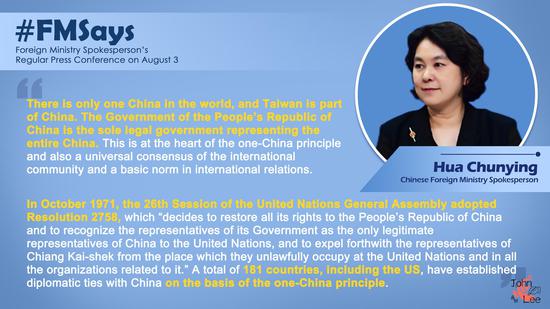
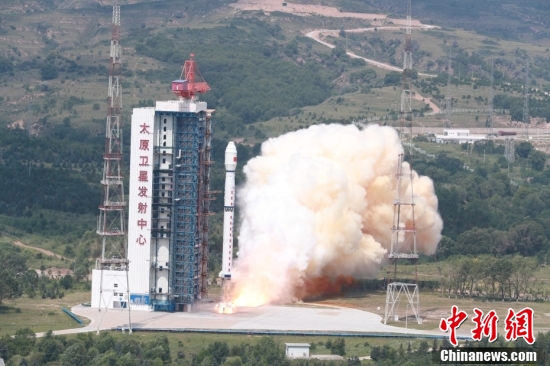
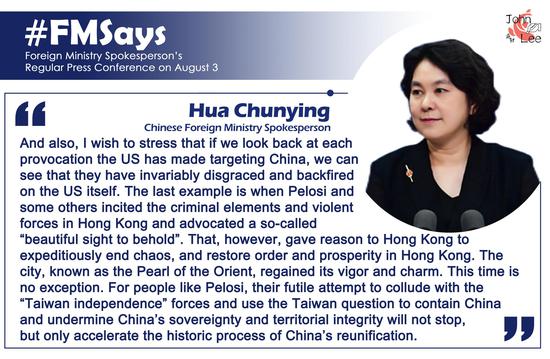
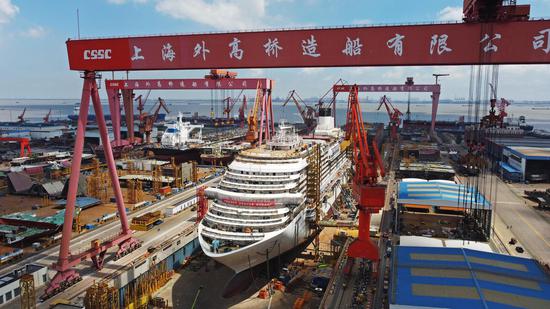
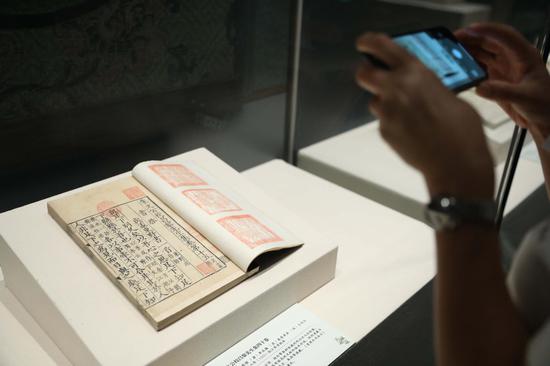
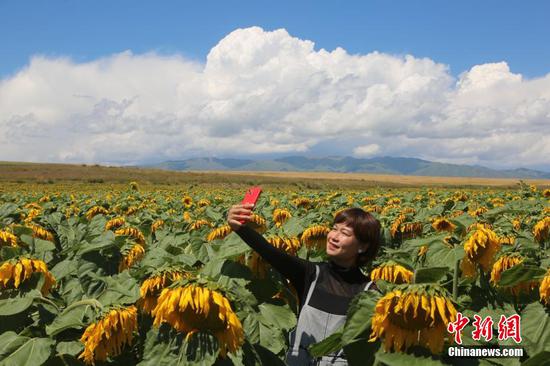







 京公网安备 11010202009201号
京公网安备 11010202009201号